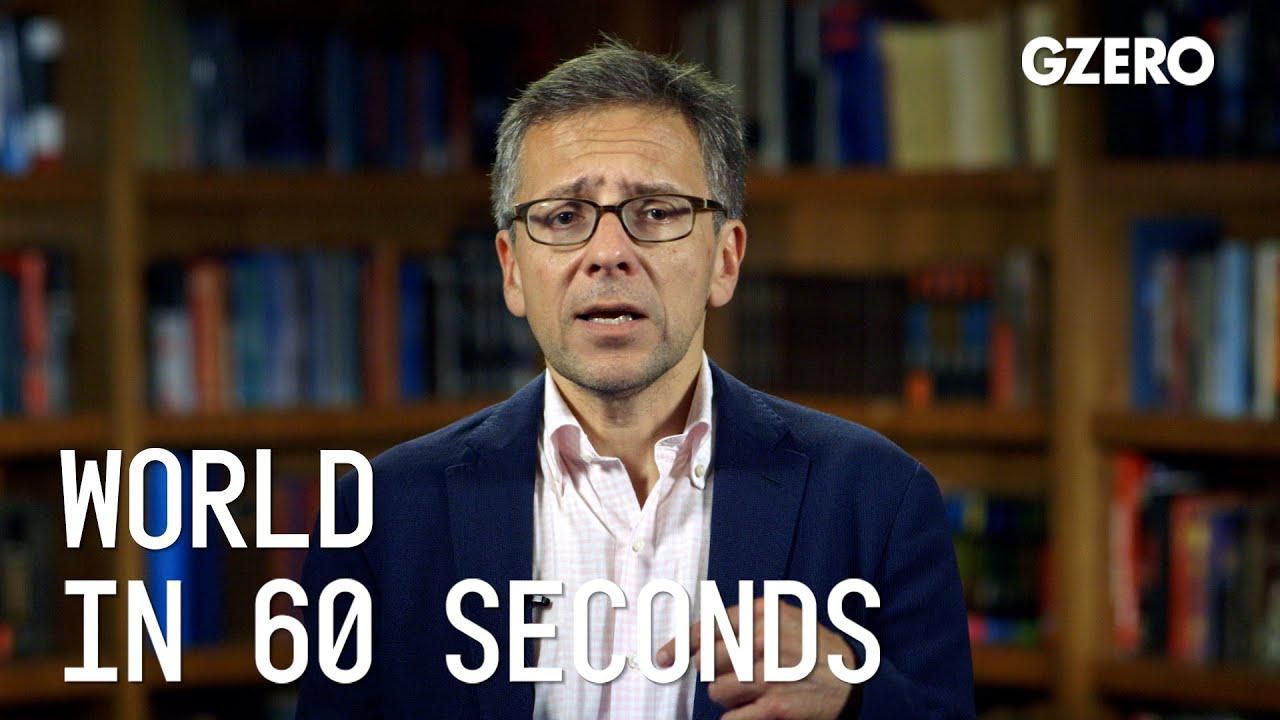ask ian
Hong Kong a year after the National Security Law; US-UK travel corridor

Hong Kong a Year After the National Security Law; US-UK Travel Corridor | World In :60 | GZERO Media

Ian Bremmer shares his perspective on global politics this week:
A year after the National Security Law, how has Hong Kong changed?
More integrated into mainland China. Virtually no Western companies have pulled out. A fair number of Hong Kong citizens are leaving, and of course no more democratic opposition, no more free media. The full incorporation of Hong Kong into mainland China. One country, one system is happening very fast.
As rebels retake the Tigray capital, Ethiopia declares a ceasefire. Is peace near in Ethiopia's civil war?
Early to say that. It's certainly a promising step. There's been a lot of pressure from the international community, the US and others, sanctions on the Ethiopian government, potential that the IMF program doesn't run forward. That would be a big problem for the Ethiopian economy. So they want to move to a ceasefire, but the Ethiopian Prime Minister, Abiy, is concerned that he doesn't have the military support for maintaining a ceasefire given the tense balance in Tigray. Certainly, with the Eritrean military across the border supporting them, it's going to be hard to keep that in place. But we will see where it goes.
Finally, is the hope of the US-UK travel corridor fading as the Delta variant forces more lockdowns around the world?
I know a lot of Brits want to come here and vice versa. I don't think so. Definitely the lockdowns are continuing through mid-July at the least in the UK, but again, the United States and UK have been some of the fastest in the world in terms of getting the entire population vaccinated. Yes, there are holdouts. Yes, there's anti-vax sentiment, but ultimately just as we're feeling like life is getting back to normal, that international transit between the advanced industrial economies is picking up soon. I'd be stunned if by the end of the summer we aren't traveling back and forth between the US and UK. Once again, special relationship, even post-Brexit.
Walmart is investing $350 billion in US manufacturing. Over two-thirds of the products Walmart buys are made, grown, or assembled in America, like healthy dried fruit from The Ugly Co. The sustainable fruit is sourced directly from fourth-generation farmers in Farmersville, California, and delivered to your neighborhood Walmart shelves. Discover how Walmart's investment is supporting communities and fueling jobs across the nation.
If you spend a week in Ukraine, you’ll get a long list of advice. Download the air raid app. Download the power outage app. Don’t use elevators – you’ll be trapped if the power goes out. Download the map of bomb shelters. Bring batteries and portable chargers, more than you think. Take a course on how to tie a tourniquet.
30%: A pair of surveys showed that Thailand’s progressive opposition party is leading the polls ahead of the Feb. 8 general election.